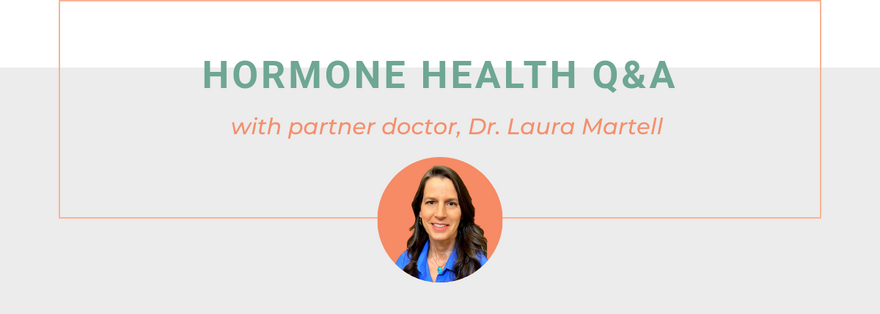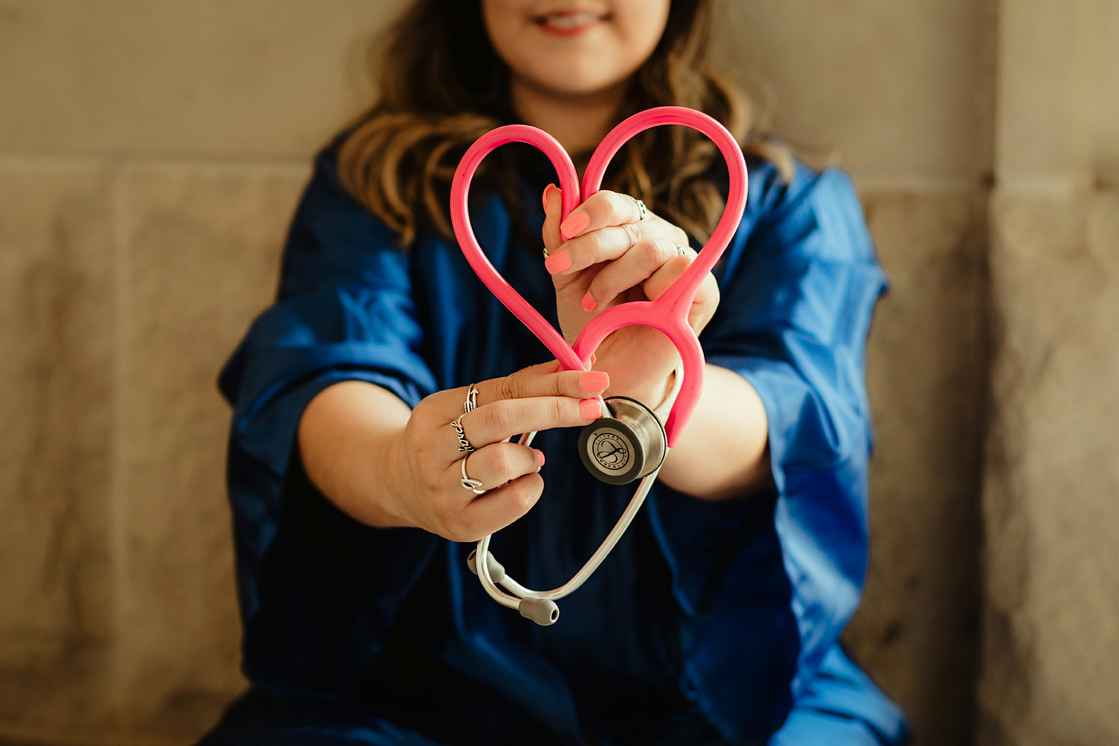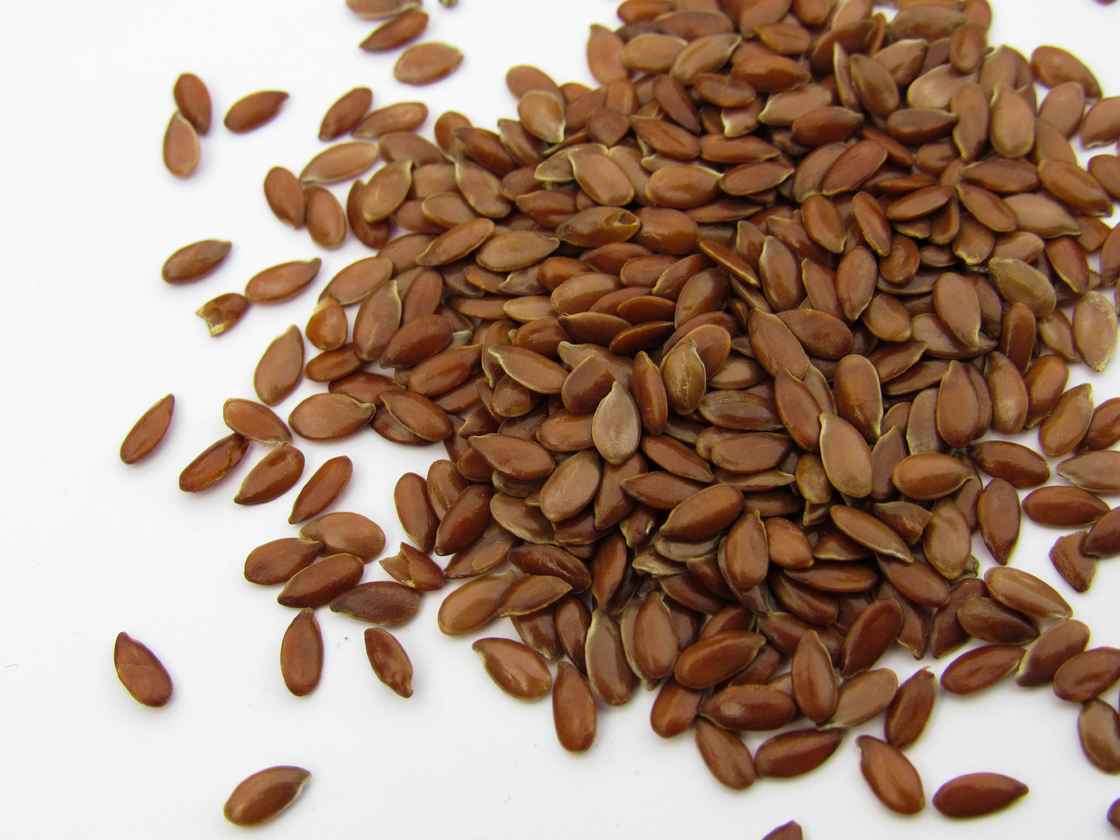
We are thrilled to introduce you to Laura Martell, ND, our NEW medical partner! Dr. Martell brings a wealth of knowledge and experience in naturopathic medicine (20+ years), with a special focus on helping women overcome hormone imbalance concerns. Her holistic and personalized approach ensures that each client receives tailored advice and support. She holds fellowships and certifications from the American Board of Naturopathic Oncology (FABNO), the Institute for Functional Medicine (IFMCP), and is a NAMS Certified Menopause Practitioner (NCMP).
Today, we're sharing a short and sweet Q&A with Dr. Martell, so you can get to know her approach to hormone health, hear about common issues she often sees undetected in women, and other helpful health tips and takeaways!![]() NOTE: when you purchase a hormone test kit package with YHB, you'll have the option to book a 1:1 phone consultation with Dr. Martell or our founder, Candace Burch, once your results are in (includes split pay options).
NOTE: when you purchase a hormone test kit package with YHB, you'll have the option to book a 1:1 phone consultation with Dr. Martell or our founder, Candace Burch, once your results are in (includes split pay options).
Help us welcome Dr Martell to the Your Hormone Balance family, and stay tuned for more on our partnership!
-Team YHB
![]()

If you could pinpoint one moment in your life that inspired your path to health and helping others, what would it be?

There have been many moments, but one stands out clearly. When my father was discharged from the hospital after coronary bypass surgery, I noticed he wasn't provided any clear lifestyle guidance. I strongly felt that in addition to medications and lifesaving surgery, other elements could support his wellness and vitality. This realization set me on a journey to find root causes and more functional approaches to healthcare.

![]()

What is your process or methodology when addressing hormone imbalances in women?

When a woman seeks my care, she often doesn’t know if her hormones are out of balance or what the cause might be; she just knows she doesn’t feel well and wants to get better! I begin with a comprehensive health history, starting from childhood. By identifying patterns or triggers through inquiry and testing, we can uncover areas for treatment and next steps to improve her quality of life.
![]()

What are 1-2 things you wish more women knew related to their health and longevity?

I wish more women understood that self-care is not selfish. Self-care involves adequate rest, mindful movement, and learning to deeply listen to our bodies—knowing when we’re hungry (and what we’re hungry for), staying connected to our breath, and recognizing what feels most supportive in our bodies in each moment. These needs change day-to-day and through different seasons of our lives. It’s a significant undertaking to build a relationship with one’s body and learn how to feel deeply nourished.
There isn’t one right way to eat, exercise, or sleep for everyone. Health is about learning to listen to what feels right for you every day, in every moment. I partner with my patients in this deep listening, helping them find their own inner guidance using data from blood work and other functional labs as feedback for fine-tuning.

![]()

What is a common health issue among women that you often see go undetected? Why do you think this is?

Many health issues go undetected if we don’t actively look for them. Often, women receive basic screening lab work and are told everything is "normal," even when they don’t feel normal and sense something is wrong. I am willing to dig deeper, trust a woman’s intuition, and follow the clues. One common area that is often missed is thyroid dysfunction.
According to the American Thyroid Association (ATA), more than 12 percent of the U.S. population will experience a thyroid condition at some point in their lives. One in eight women will develop a thyroid disorder during their lifetime. Women are five to eight times more likely than men to have thyroid problems, especially following pregnancy and menopause.
The thyroid gland affects energy levels, metabolic rate, hair growth, heart rate, and intestinal motility. A woman might only have her TSH tested and be told it's "normal," without further action. I often look deeper, testing active thyroid hormone levels and thyroid antibodies to ensure nothing is missed (such as warning signs for hashimoto's).
![]()
 What changes/improvements do you hope to see within the future of healthcare?
What changes/improvements do you hope to see within the future of healthcare?
 I'm encouraged by the current focus on women's health and the growing body of research dedicated to this area. There is an upswell of education and information available to perimenopausal and menopausal women, which is incredibly empowering. Women are living longer and are starting to receive better healthcare tailored to their unique needs. This shift towards a more informed and supportive approach to women's health is a positive change I love and hope to see continue!
I'm encouraged by the current focus on women's health and the growing body of research dedicated to this area. There is an upswell of education and information available to perimenopausal and menopausal women, which is incredibly empowering. Women are living longer and are starting to receive better healthcare tailored to their unique needs. This shift towards a more informed and supportive approach to women's health is a positive change I love and hope to see continue!

![]()
 What is your favorite book and/or podcast?
What is your favorite book and/or podcast?
 There is so much good information available in the menopause space! A couple of my favorites are Mary Claire Haver’s The Pause Life website and her new book, The New Menopause. Dr. Kelly Casperson, a urologist, has a great book and podcast, both titled You Are Not Broken. An essential book for understanding menopausal care is Estrogen Matters: Why Taking Hormones in Menopause Can Improve Women's Well-Being and Lengthen Their Lives—Without Raising the Risk of Breast Cancer, by Dr. Avrum Bluming and Carol Tavris.
There is so much good information available in the menopause space! A couple of my favorites are Mary Claire Haver’s The Pause Life website and her new book, The New Menopause. Dr. Kelly Casperson, a urologist, has a great book and podcast, both titled You Are Not Broken. An essential book for understanding menopausal care is Estrogen Matters: Why Taking Hormones in Menopause Can Improve Women's Well-Being and Lengthen Their Lives—Without Raising the Risk of Breast Cancer, by Dr. Avrum Bluming and Carol Tavris.
![]()

What's your favorite hormone food right now and why?

Flax seeds! They are a good source of omega-3 fatty acids, rich in minerals, high in fiber and protein, and offer numerous health benefits. They can aid digestion and alleviate constipation, and they influence the estrobolome—a collection of gut microorganisms that metabolize and regulate the body's estrogen levels. Flax seeds have also been shown to help reduce the risk of cancer, regulate cholesterol and blood sugar levels, and provide phytoestrogens that can alleviate menopausal symptoms.

![]()

What are a few essential nutrients or supplements you believe most women can benefit from?

Adequate vitamin D levels are essential. Vitamin D is a hormone involved in immune system regulation, muscle and bone health, and can impact mental and emotional well-being. Magnesium is also an undervalued nutrient. I frequently recommend magnesium supplementation, and it can be almost miraculous. It is very helpful for pain, such as headaches and musculoskeletal pain, sleep and anxiety, and can also play a role in blood sugar management and exercise recovery.
![]()
Thank you Laura for these valuable insights...We can't wait for our clients to get to know you more!
Got Questions?
drop a comment below or email us: info@yourhormonebalance.com
BUILD YOUR OWN “TESTING + REBALANCING PACKAGE” TODAY!
